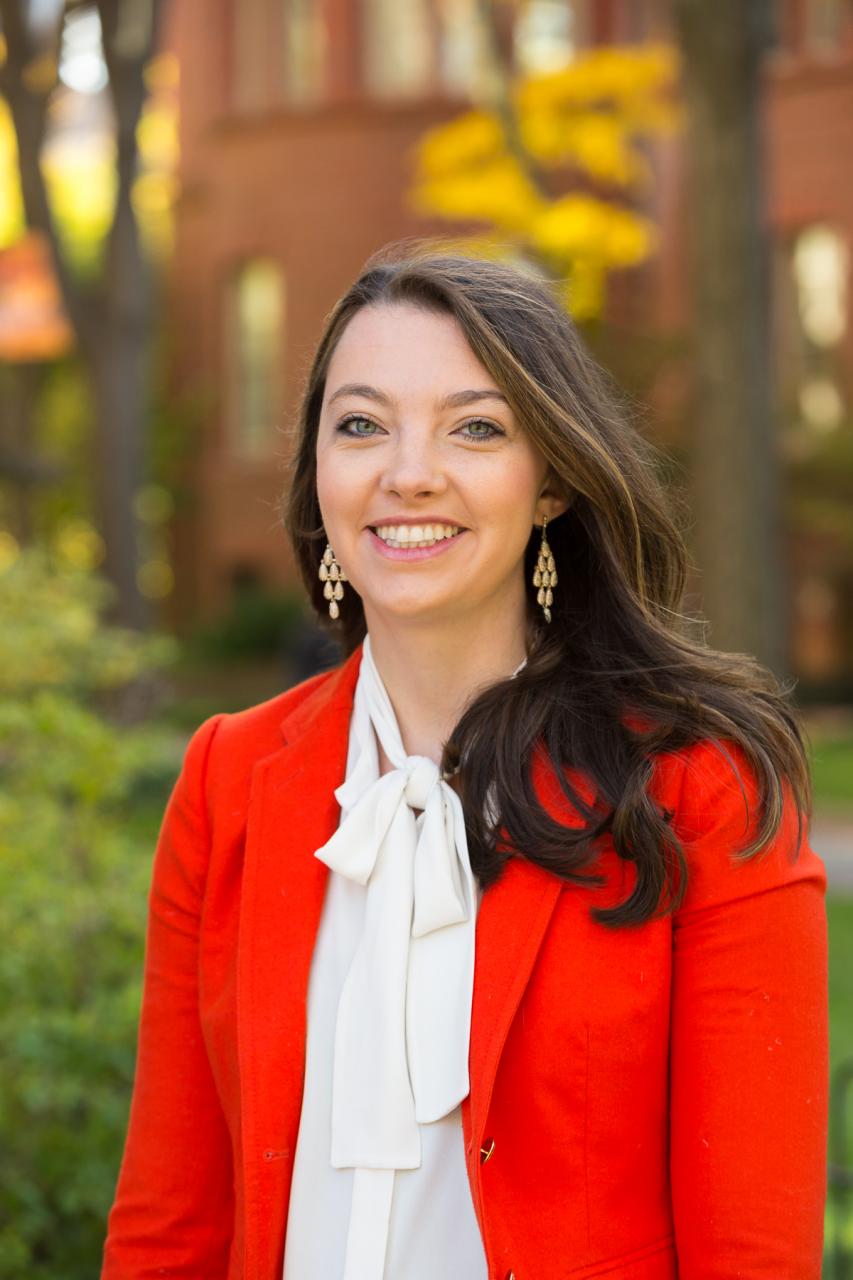Clare Mullaney
Dissertation Advisor(s): Heather K. Love
"American Imprints: Disability and the Material Text, 1858-1932 "
Assistant Professor of Disability Rhetorics, Clemson University
Office Hours
M.A., University of Pennsylvania, English
A.B., Bryn Mawr College, English, summa cum laude
Clare Mullaney is a Ph.D. Candidate in the Department of English at the University of Pennsylvania. Her dissertation, “American Imprints: Disability and the Material Text, 1858-1932,” considers how bodily and mental impairments—from eyestrain and word-blindness (the late nineteenth-century term for dyslexia) to war wounds, melancholy, and old age—transformed everyday practices of reading and writing. Scholarship about disability in literary studies has attended mainly to depictions of disabled characters in novels and autobiographies. By contrast, “American Imprints” suggests that acknowledging the text as a “made” object brings into focus how turn-of-the-century authors grapple with disability at the level of textual form. Her work has appeared or is forthcoming in J19: A Journal of Nineteenth-Century Americanists, New Dickinson Studies (Cambridge University Press), the Disability Studies Quarterly, and the Atlantic. She has received awards and fellowships from the American Antiquarian Society; the Emily Dickinson International Society; Penn’s Gender, Sexuality, and Women’s Studies Program; and the Society for Disability Studies.
At Penn, she has taught a range of introductory and upper-level courses: “Fabrics and Fashions in American Literature” (Junior Research Seminar; Fall 2015), “Disability Narratives” (Summer 2016), and “Short Fiction: From Stories to Sitcoms” (Summer 2017). In March of 2017, she organized the “Disability Studies: A History” conference, which brought together activists, artists, and academics working across different disciplines to reflect on the history of disability studies as a field, which—since its early activist origins in the 1960s—has gained an institutional presence in academia. In addition, she is the co-founder of Penn’s Disability Studies Working Group.

 Department of English
Department of English
